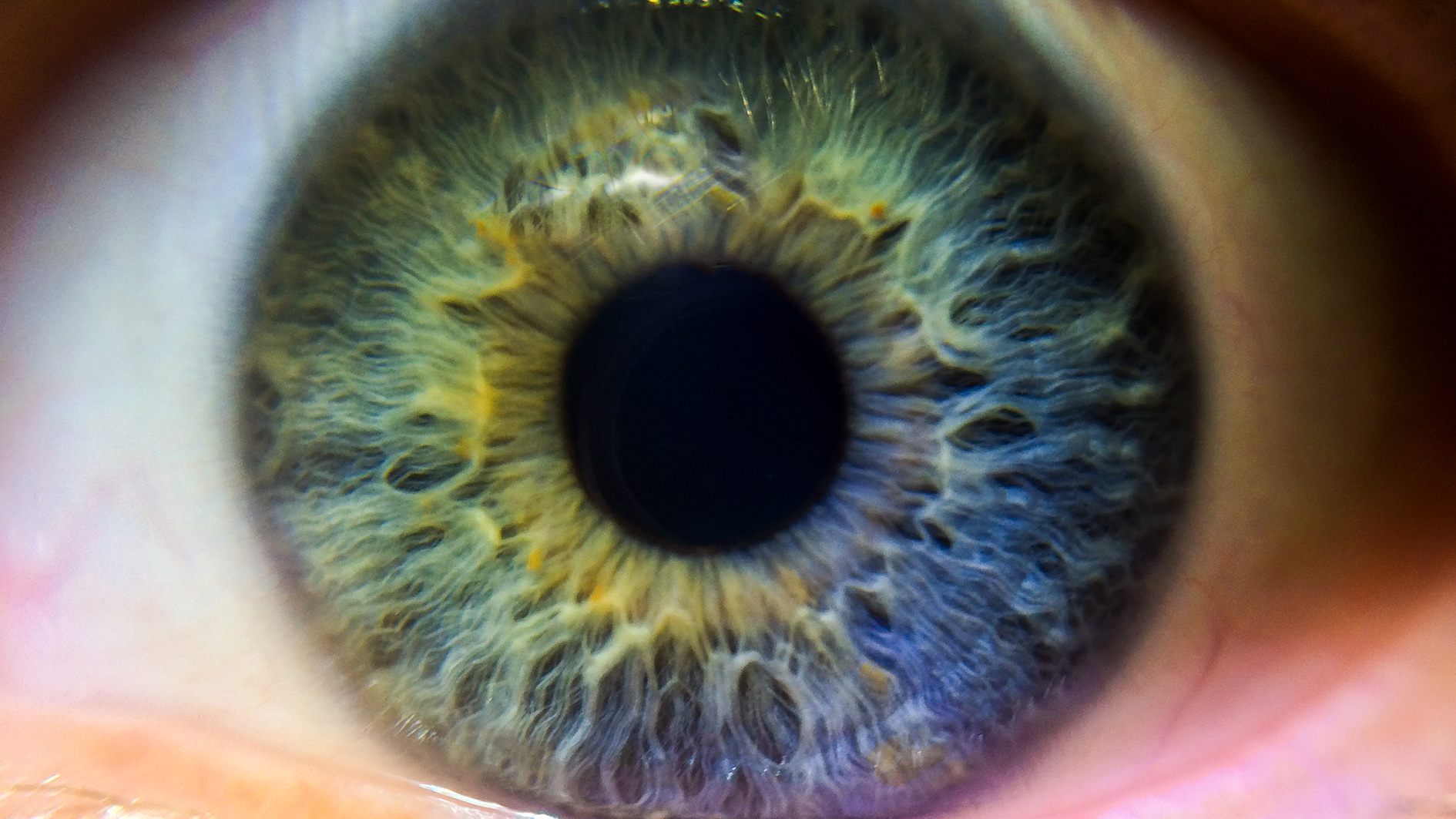Submission completed, Spark sets sight on first ever US gene therapy approval

Spark Therapeutics has completed the rolling submission of gene therapy product voretigene neparvovec, for patients with a rare genetic form of blindness.
The treatment offers a one-time gene therapy for patients with vision loss due to confirmed biallelic RPE65 mutation-associated inherited retinal disease (IRD).
This puts Spark in the vanguard of gene and cell therapy, and if approved by the FDA, it will be the first ever gene therapy for a genetic disease to reach the US market.
The only other gene therapies to have made it to market so far are uniQure’s Glybera’s (alipogene tiparvovec), and GSK’s Strimvelis, but both have only gained EU approval.
Glybera is a case study in the pitfalls of pioneering gene therapy: the lipoprotein lipase deficiency (LPLD) treatment is to be withdrawn from the market after proving to be a huge commercial failure.
Apart from its very high cost, Glybera’s drawback was its limited efficacy – a problem Spark looks on course to avoid.
A pivotal study of the treatment published last year showed 27 of 29 subjects who were virtually blind experienced an increase in vision function for more than a year following the administration of the gene therapy.
No patients had any serious adverse events associated with the treatment, and the therapy can be simply administered in a 45-minute surgical procedure under anesthesia.
The company’s submission includes data from three clinical trials that enrolled 41 participants with RPE65-mediated IRD, including the first randomised, controlled phase 3 trial for a gene therapy for a genetic disease.
The FDA will have 60 days to review the submission to determine if it is complete. If the filing passes this test, the application will be considered filed and the review period will begin.
"Completion of the rolling BLA is another step forward in our goal to bring this investigational gene therapy to people living with RPE65-mediated IRD who currently have no approved pharmacologic treatment options,” said Jeffrey D. Marrazzo, chief executive officer. “We look forward to working closely with FDA, with the hope of bringing voretigene neparvovec, the first potential gene therapy for a genetic disease in the US, to patients as quickly as possible.”
Because of the groundbreaking nature of the gene therapy technology, the safety of the treatment will be closely scrutinised by regulators.
In December, the company’s shareholders were spooked by a clinical trial report which showed that two patients taking its haemophilia gene therapy had had an immune response to the adeno-associated virus capsid used to deliver the therapy.
The company was, however, able to reassure that these safety signals were not serious, and no similar problems have been reported with voretigene neparvovec.
Spark is also developing gene therapy treatments for neurodegenerative diseases, as well as diseases that can be addressed by targeting the liver.
Its pipeline also includes SPK-7001 in a Phase 1/2 trial for choroideremia, and two haemophilia development programmes: SPK-9001 (which also has received both breakthrough therapy and orphan product designations by the FDA, and access to the PRIority MEdicines (PRIME) Programme by the EMA) in a phase 1/2 trial for haemophilia B being developed in collaboration with Pfizer. Finally SPK-8011, is in a phase 1/2 trial for haemophilia A, and to which Spark Therapeutics has retained full rights.
Amsterdam-headquartered UniQure isn’t giving up, however, and will learn from its Glybera setback, and provide Spark with some competition. It also has a haemophilia candidate in the pipeline, which was recently granted a PRIME designation by the EMA.










